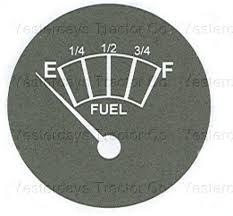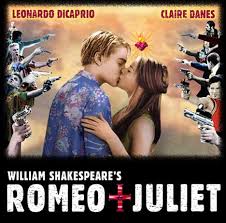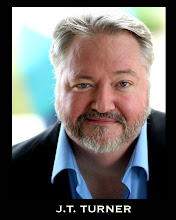
As you may know I follow no specific school or style of acting, other than my own. (Truth be told, all actors have their own way). I have no issues with say the Stanislavsky "Method", or the British approach, or Meisner, I just don't personally follow any one path. Having said that, every style or school has some value within it, and I want to chat about an idea borrowed from Sanford Meisner and his teachings. Meisner says simply that an actor should never come on stage empty.
I love this idea. It is a simple one, yet very powerful. The idea behind not coming in empty is that an actor should walk on stage with a very specific history. What does the character feel like at that moment, just as they enter the scene? It should never be, "I am an actor entering a scene". Rather the actor should have the feelings, knowledge and emotions that the character they are playing has at that moment. Let's think about an example, say Juliet at the dance where she meets Romeo. Now the actress playing her knows she is about to meet the love of her life, but Juliet as a character does not. Instead she is just a young girl going to a dance. The actress playing Juliet might think about what emotional state Juliet is in as she enters. Excited about the dance, nervous about meeting men there, delighted to get a break from the mundane and celebrate with her friends. So as Juliet enters, the actress should have all those emotions within her, and show them as she enter as Juliet. Mind you, she says little during the dance until she meets Romeo, but that does not mean she just walks and dances about waiting to speak. No the actress has to come in "full", with a character at a particular point in time. Stanislavsky might say the actor should draw on thier own experiences for the emotions they need when they enter, and that's fine. But I would side with Mesiner who also says that you can imagine that experience, even if you have never personally had it. You are already playing a 14 year old Italian girl in ancient Verona, so your imagination is already engaged. Give it fuller reign to imagine how this young girl feels arriving at her dance.

Singers this is a lesson for you as well. Don't just sing a song, pretty though your voice may be. To just sing a song technically correct is sing it on "Empty". Rather, who is singing the song, what character, with what emotions, at what time and place.
You can always tell when an actor comes on empty. Sadly they confuse acting ideas like "living in the moment" and being reactive to the situation with coming on as a hollow empty zombie. They often just shamble one with little purpose, drive or focus. Even a member of the chorus can have an amazing characterization, and fill a stage with their presence. ( It is a matter of pride with me that I make choruses engaged and active, not just background).
I was once directing a production of a musical that had a lovely ballad in it. The actor who sang it had a great voice, but was just singing it.I gave him simple instructions, "The girl you are singing to is about to leave. For good. You have one chance, and one chance only of telling her how you feel. One chance to convince her to stay." Each night before he went onstage, (while the rest of the cast was chatting and goofing off backstage), he would stand right in the doorway he was about to go on through, and just think, "I love her, I need her, I have to make her stay." That was all, no long drawn out exercise. But to this day, the way he sang that ballad, night after night, was gorgeous and haunting.
Before you take the stage, take a moment to fill yourself up as a character. Don't come in empty.






THANKS J.T.
ReplyDeleteMaybe if I read your blog I'll get better o wo
You make me want to do a monologue
Glad to help, that is why I write!
ReplyDelete